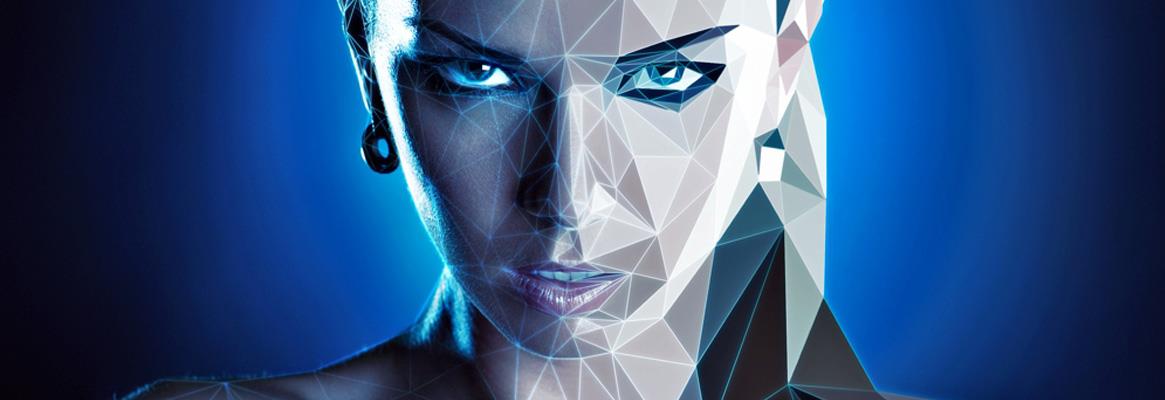With fast tech adoption and integration, the $3T global fashion industry has begun to intertwine the physical realm with a new digital world. From fashionable wearable tech accessories to connected jackets, there are multiple applications digital applications that the fashion industry is adopting. But from all the digital realm, AI has the highest potential to bring some of the most revolutionary types of innovation to the 21st-century fashion industry.
AI in Fashion - Deliver the right garments, at the right time, for the right price

By augmenting the mobile e-commerce side of things, the AI has enhanced the quality of search results, through automatic image processing and better recommendations.
Mobile-based AI apps are improving year by year, driven by significant investments from e-commerce giants such Walmart, Amazon and Alibaba, allowing buyers to find the right garments and accessories, at the right time, and for the right price.
AI in Fashion - Predict future trends and fashion styles

With the help of science such as prediction algorithms, the AI can draw inspiration from the world of art to uncover new insights and even redefine the core structures of fashion design, according to social constructs and cultural backgrounds.
AI in Fashion - Unlimited personalisation to match your fashion expectation to perfection

Also, the adoption of AI in fashion can provide unlimited personalisation and customisation, according to the wearer's biometrics, previous experiences, purchases and even social background.
The AI can automatically create iterations based on the digital facet of the buyer (social media presence, likes, dislikes, engagements, preferences, etc) and design clothes that haven't been designed yet, specially designed according to each consumers' demands.
Al in Fashion - The problem?
 There have been various technology integrations into the fashion sphere, especially in the last decade. Wearables, smart materials, connected sensors, and yet, most arguments against tech in fashion come from the idea of the low demand for such integrations. Equally, when it comes to the use of AI, voices are arguing that relying on algorithms to predict future trends and design new fashion garments it could only be detrimental and counterproductive.
There have been various technology integrations into the fashion sphere, especially in the last decade. Wearables, smart materials, connected sensors, and yet, most arguments against tech in fashion come from the idea of the low demand for such integrations. Equally, when it comes to the use of AI, voices are arguing that relying on algorithms to predict future trends and design new fashion garments it could only be detrimental and counterproductive.
According to these voices, technology can only take us so far. And, that's where the criticisms about the AI in fashion begins. To them, only humans can be creative, while the human-made algorithms can only be programmed to perform specific jobs. And surely that is the case if the AI is seen as another tech tool in the hand of the designers of fashion.
However, this is an issue of perception as if the AI is no longer just a tool in the hands of the fashion designers but a salient, independent-thinker, globally connected to all fashion, art, design, history and cultural databases. The AI is an autonomous entity, a modern fashion designer that can learn, improve, create, and even bring new ideas to the market.
So given the choice, human-made fashion or AI-made fashion, which one would you choose?
This article has not been edited by Fibre2Fashion staff and is re-published with permission from thevou.com








Comments